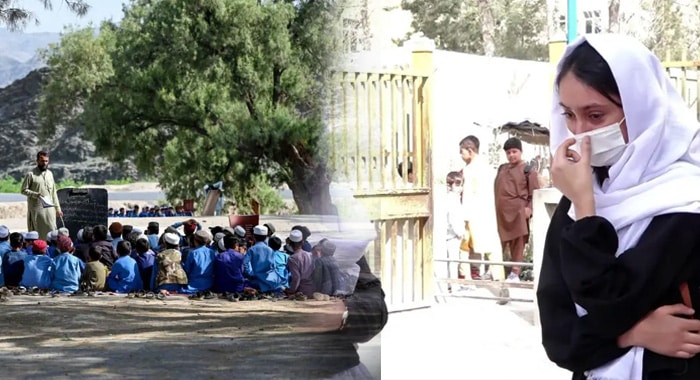The United Nations Children’s Fund (UNICEF) has sounded the alarm over a deepening education crisis in Afghanistan, revealing that one in every three Afghan children is now out of school, with girls suffering the most due to the Taliban regime’s sweeping restrictions on female education.
In its latest report, UNICEF attributed the alarming dropout rates to political and social repression, stating that 60 percent of out-of-school children are girls. The primary cause, the agency says, is the Taliban’s continued ban on girls’ education beyond the sixth grade—a policy imposed after the group’s return to power in 2021.
The Taliban’s systematic exclusion of adolescent girls from classrooms has drawn sharp condemnation from global human rights bodies, which describe the policy as not only discriminatory but also catastrophic for Afghanistan’s future. Millions of Afghan girls have been deprived of basic learning, cutting off their access to knowledge, opportunity, and dignity.
To mitigate the impact, UNICEF, in collaboration with the World Bank’s South Asia division, has launched alternative education programs, including Accelerated Learning Centres. These facilities offer basic literacy, numeracy, and life skills to out-of-school girls, serving as lifelines in an otherwise collapsing educational system.
UNICEF has urged the international community to step up both funding and diplomatic pressure to force a reversal of these regressive policies. “Without urgent intervention, Afghanistan risks consigning an entire generation to poverty, illiteracy, and isolation,” the report warns.
Afghanistan now stands virtually alone in the world as the only country to enforce a nationwide ban on secondary education for girls. According to recent surveys by UNESCO and Human Rights Watch, the Taliban’s policies have erected a structural barrier to gender equality, leaving the country increasingly isolated and underdeveloped.
UNICEF and its partners argue that investing in education—particularly for girls—is not just a moral obligation but a strategic necessity for rebuilding a fractured Afghan society. They stress that the international community must not abandon Afghan children to a future of ignorance imposed by extremist ideology.
As long as the Taliban continues to impose these draconian restrictions, Afghanistan’s global image will remain one of repression, regression, and systemic injustice.





